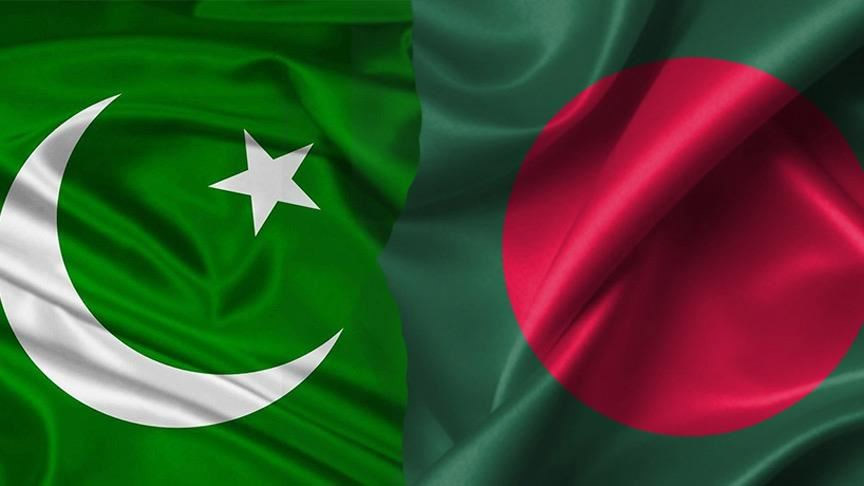
Online Desk: In the wake of Bangladesh’s recent political upheaval, South Asian geopolitics is witnessing a significant realignment.The ousting of Sheikh Hasina’s government in August 2024 after fifteen years of rule and the subsequent appointment of Nobel laureate Muhammad Yunus as interim head have significantly shifted Bangladesh’s diplomatic trajectory.
Amid strained ties with India, Dhaka appears increasingly inclined towards restoring robust diplomatic relations with Islamabad, potentially opening a new chapter in bilateral ties.Historically, the relationship between Pakistan and Bangladesh has been tense, rooted deeply in painful memories from the 1971 War, which was fueled and supported by India.
However, recent developments signal a promising thaw.February 2025 marked a milestone when Bangladesh resumed direct trade with Pakistan for the first time in over fifty years.A large rice shipment of 50,000 tons, resumption of direct flights, high-level Bangladeshi military dele-gation in January and relaxed visa procedures symbolized a critical juncture, indicating mutual interest in setting aside historical grievances.
Conversely, Bangladesh’s diplomatic relationship with India is facing turbulence.India’s silence on Bangladesh’s de-mand to extradite Sheikh Hasina to face charges of crimes against humanity, money laundering and corruption, the recent withdrawal of crucial transshipment facilities and the tightening of restrictions on medical visas have created tensions, prompting Dhaka to explore alternative regional partnerships.
In these circumstances, a closer relationship with Pakistan emerges as strategically valuable as it will challenge India’s dominance, which was highlighted by Ayesha Siddiqa, a senior fellow at King’s College in London.
Pakistan’s Chief of Army Staff, General AsimMunir, has proactively advocated stronger regional ties, emphasizing economic collaboration, security cooperation and strategic diplomacy.Recognizing the shifting geopolitical realities, General Munir has publicly highlighted the need for Pakistan to repair and nurture relationships within South Asia, particularly with Bangladesh.
The ongoing tariff war initiated by the United States, marked by a steep 37% tariff increase on Bangladeshi exports, significantly threatens Bangladesh’s economic stability.Against this backdrop, Pakistan offers Dhaka an opportunity to diversify its trade partnerships, opening avenues for substantial economic collaboration.
Recent Pakistani initiatives can be pivotal in enhancing bilateral trade and cooperation.Pakistan has launched com-prehensive programs to develop its mineral sector, encouraging foreign investments and regional partnerships.Bangladesh, which needs diverse raw material sources for its growing industries, could benefit significantly from collaborat-ing with Pakistan in joint mineral exploration and processing ventures.
Pakistan’s renewed emphasis on tourism, including medical tourism, offers additional potential.Bangladesh’s popula-tion regularly seeks affordable and quality healthcare services abroad; thus, Pakistan’s expanding medical facilities present a lucrative opportunity for bilateral cooperation.Collaborative initiatives, such as medical visas and hospital partnerships, can significantly benefit both countries economically and socially.





